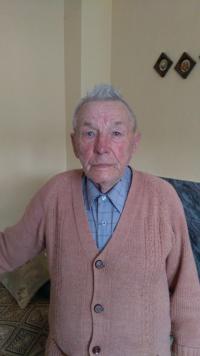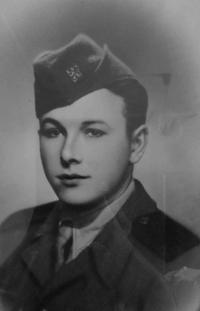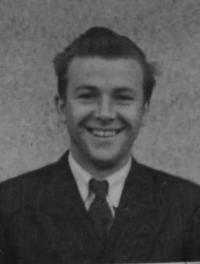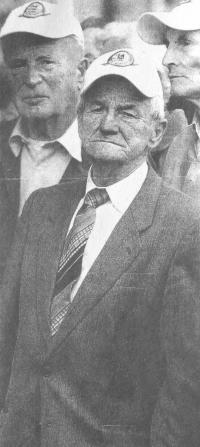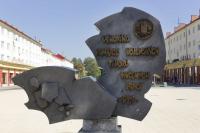We agreed that we shall protect our priest, no matter what

Stáhnout obrázek
Štefan Habovský was born on May 4, 1930 and he comes from Trstená. In his youth he was apprenticed to become a mixed goods tradesman; since his childhood he helped as a waggoner and took care of the family farmstead. During the launch of the communist „Catholic Action“ in 1949, along with the faithful, he participated in protecting the local priest. As a result he was sentenced to 5 months of imprisonment for alleged rebellion and scaremongering. He served his sentence in Ružomberok, where he as a prisoner worked on wood processing in the local paper mill. In years 1951 - 1953 he attended the compulsory military service in Auxiliary Technical Battalions (PTP) within which he was assigned to heavy mining work in Ostrava - Radvanice. He suffered an injury of skin corrosivity there. After returning from the military service he spent his working life in Trstená flax mill, which was later rebuilt to Tesla TV components factory. During the whole period of the communist regime he was considered politically unreliable. He was victimized and oppressed also due to his family‘s unwillingness to join the cooperative (Joint Agricultural Cooperative - JRD) and to refusal of taking up membership in the communist party. Currently he lives retired with his wife Apolónia Habovská, née Brnčová, in Trstená.
